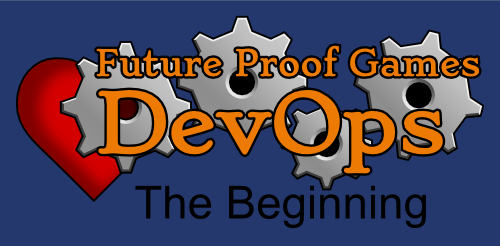This is the fifth part in a series on applying devops principles and practices to game development. You can read the first post in the series, and see the entire series under the devops in game dev tag.
In our post on what the devops philosophy is, we wrote about revisiting workflow annoyances periodically. Sometimes you get more time and/or money. Sometimes you learn of an easy way to solve a problem.
There's something that got a lot easier for us recently: chatops.
"Chatops" is a trendy word for a subset of devops that focuses on streamlining work using extensible chatbots (e.g., Lita, Hubot, and Errbot) in team communication tools (e.g., Slack, HipChat, etc.). We use Lita on Slack, so I'll stick with those as concrete examples.
As a simple-but-nice examples, you might ask Lita to run an automated build for you, and it will connect to Jenkins and run the build you ask for. You don't need to leave Slack open a tab, log into Jenkins, find the job you need, and run it.
Something really important that well-implemented chatops provides is the ability to add context-appropriate information to conversations that are already happening.
...








 View on YouTube
View on YouTube

